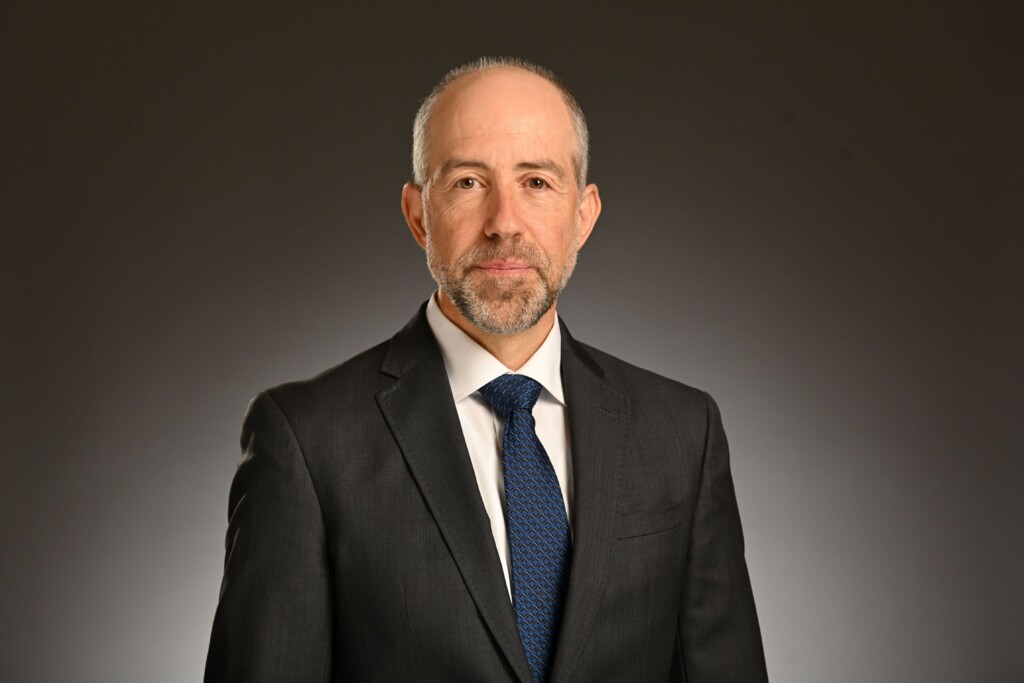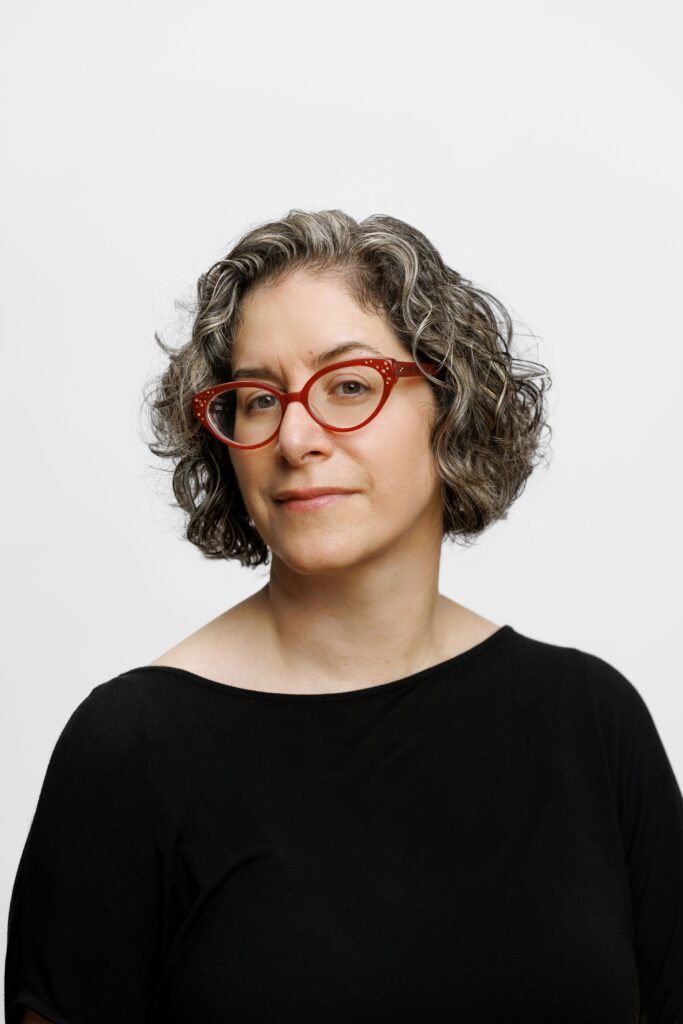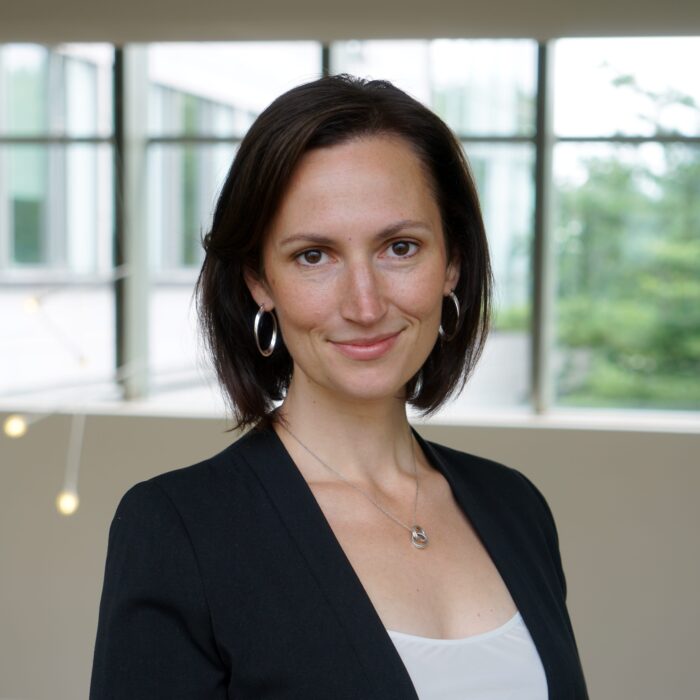Two faculty members at the Harvard Graduate School of Design (GSD) have been appointed to new endowed chairs established with a gift from Bloomberg Philanthropies.
Nestor M. Davidson, Emma Bloomberg Professor of Real Estate, and Rachel Weber, Emma Bloomberg Professor of Urban Planning, are among five Harvard University faculty members to receive the new appointments. Weber is also the director of the Master in Urban Planning program and chair of the Department of Urban Planning and Design. Named for Emma Bloomberg, (MBA ’07; MPA ’07), the chairs support leading scholars who advance the study and practice of city governance. The recipients will hold Emma Bloomberg chairs for the next five years.
“The extraordinary support of Bloomberg Philanthropies acknowledges Nestor, Rachel, and Maurice’s exceptional work,” said Sarah M. Whiting, Dean and Josep Lluís Sert Professor of Architecture. “As researchers and practitioners, they are shaping the future of our cities and communities. This gift helps ensure not only that our students learn from leaders who are redefining how we build, finance, and sustain the urban environments of tomorrow, but also that the Bloomberg Center continues to thrive as a Harvard-wide nexus for exploration of urgent issues related to our urban, designed environments.
In receiving these appointments, Davidson and Weber join Maurice Cox, who was appointed Emma Bloomberg Professor in Residence of Urban Planning and Design in fall 2024. Five other Harvard faculty are current Emma Bloomberg chairs.
“Harvard is a proud partner in the work of building more resilient communities and serving the public good,” said Harvard President Alan M. Garber. “The Emma Bloomberg chairs, supporting talent from across the University, exemplify our commitment to cities and the people who inhabit them. I am grateful, as always, to Bloomberg Philanthropies for supporting academic excellence at Harvard and eager, as ever, to see what my faculty colleagues accomplish in the years to come.”
About Nestor Davidson
In his scholarship and teaching, Davidson explores questions around transactional dynamics in real estate and regulatory frameworks for real estate markets. His work includes influential scholarship on the way local, state, and federal legal and institutional structures interact in shaping policy affecting cities. His career in public service includes leadership roles at the US Department of Housing and Urban Development, the New York State Housing Finance Agency, and the New York City Rent Guidelines Board.
“I am deeply honored to receive this appointment,” said Davidson, “and it will be an inspiration to recommit to research on improving urban governance and our built environment at a moment when cities are at the center of our most important policy challenges.”

Professor Davidson, who is also an affiliated faculty member at Harvard Law School, has published widely in leading law journals. His current book project, Cities in Law: Urbanism as a Legal Phenomenon, is forthcoming from Cambridge University Press.
About Rachel Weber

Weber is an urban planner who explores how finance shapes the urban landscape by changing the ways cities budget, fund infrastructure, and manage their assets. Her professional experience includes helping non-profits to negotiate and implement redevelopment plans and appointments to governmental task forces such as then-mayor Rahm Emanuel’s Tax Increment Financing Reform Task Force. Weber is the author of more than 50 peer-reviewed journal articles, as well as numerous book chapters and published reports. Her latest book, From Boom to Bubble: How Finance Built the New Chicago (University of Chicago Press, 2015), won the Best Book Award from the Urban Affairs Association. She is the co-editor of the Oxford Handbook of Urban Planning (2012), a compilation of 40 essays by leading urban scholars.
“It’s an honor to be recognized with the Emma Bloomberg professorship,” said Weber. “As a scholar of urban development, I have long been interested in how cities evolve and in the forces that drive change in their built environments. This recognition affirms the importance of that work and inspires me to continue exploring how policy, finance, and design can shape more equitable urban futures.”
Weber’s current research spotlights the predictive knowledge practices that allow real estate investors to create and extract value from the built environment, often to the detriment of communities. Titled “The Urban Oracular: Speculating on the Future City,” this book project is based on years of interviews with “quants” and forecasters at global asset managers and investment funds. Focusing on the period from the Global Financial Crisis through the Covid-19 pandemic, Weber is examining the role of ever more complex models, algorithms, and data sources that enable investors to de-risk and convert the future into capital.

